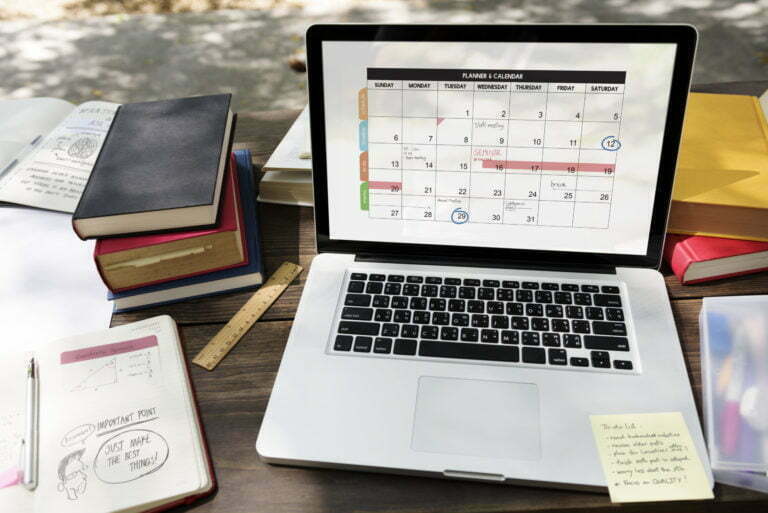Understanding the Impact of ADHD on Daily Life: Strategies for Managing Symptoms
Attention-Deficit/Hyperactivity Disorder (ADHD) is more than just difficulty maintaining attention or a proclivity for hyperactivity. It affects almost every aspect of daily life, from managing the simplest of tasks to handling complex social interactions. For those living with ADHD, understanding the impact on their routines and relationships is the first step in mastering their symptoms. With tailored strategies and support from spaces like the ADHD Centre, individuals can learn to navigate life more smoothly. Below, we explore the nuances of ADHD and offer practical approaches for those affected to enhance their quality of life.
The Daily Challenges of Living With ADHD

The reality of ADHD extends beyond the classroom or the workplace; it impacts organization, prioritization, and execution of daily tasks. For many individuals, mornings can be chaotic, as the simple act of getting ready for the day proves a formidable task. The uneven distribution of attention and a tendency to be easily distracted can turn a routine into a lengthy ordeal.
Furthermore, disorganization often seeps into every part of the day, leading to misplaced items, forgotten appointments, or incomplete projects. This chronic state of disarray can be a significant source of stress, undermining one’s sense of control and self-efficacy. Managing domestic responsibilities alongside professional demands compounds the difficulty for adults with ADHD.
Even leisure activities that should provide respite can instead reinforce feelings of frustration. Hobbies are started with enthusiasm but are frequently abandoned as interests wane or hyperfocus shifts. This pattern not only leads to a lingering sense of dissatisfaction but can also impact budgeting and financial planning, areas where many with ADHD already struggle.
Effective Time Management Techniques for ADHD Individuals
Time management represents a significant hurdle for those with ADHD. Traditional methods of organizing and planning often prove ineffective, leading to a cycle of missed deadlines and increased anxiety. However, there are strategies specifically designed to circumvent the typical pitfalls associated with ADHD.
One effective approach is the use of visual aids like planners, calendars, and lists, which help in externalizing and cementing tasks that might otherwise be forgotten. Breaking down larger tasks into smaller, more manageable pieces allows for a greater sense of achievement and less overwhelm. Setting timers and alarms can also provide structure and routine, acting as external reminders for transitioning between tasks.
Adopting the use of technology can be another powerful tool in the arsenal against time mismanagement. Apps designed to enhance focus and productivity can guide individuals through their day with regular prompts and cues. Moreover, delegating tasks and setting realistic expectations are essential to prevent overextension and burnout.
Navigating Social Relationships With ADHD

The hallmarks of ADHD not only disrupt tasks and routines but can also present challenges in social contexts. The symptoms often lead to misunderstandings, as friends and colleagues might misinterpret inattention or forgetfulness as disinterest or negligence. Overcoming this requires clear and open communication about the impact of ADHD on these interactions.
Establishing and maintaining boundaries is crucial within personal relationships. It helps to mitigate the impacts of impulsivity and preserve mutual respect and understanding among friends and family. Similarly, the proper management of emotions and reactions, often heightened in ADHD individuals, is vital to avoid conflicts and maintain healthy relationships.
Group settings may introduce yet another layer of complexity for those with ADHD, as the distractions multiply and the pressure to conform increases. Finding ways to participate effectively, whether through listening exercises or practising mindfulness, can alleviate some of the inherent challenges. Social skills training and therapy can also be beneficial in enabling better navigation through these shared environments.
Overall, by acknowledging the pervasive impact of ADHD and arming ourselves with the appropriate strategies, those affected can navigate life’s many challenges more effectively. Implementing the right tools and supports at home and work, managing time efficiently, and fostering healthy social connections are the cornerstones of a fulfilling life with ADHD.





